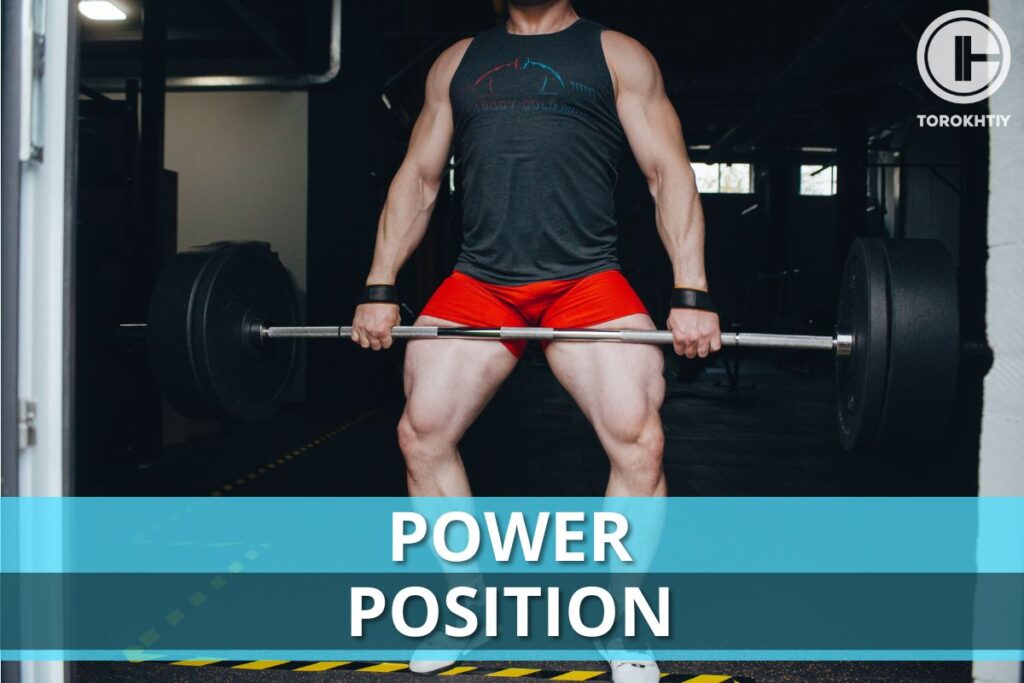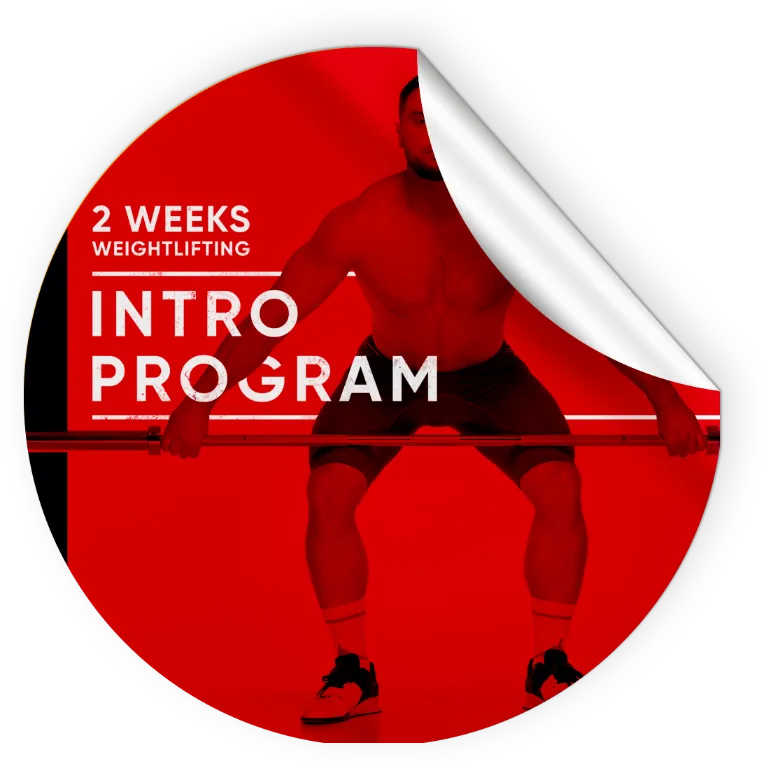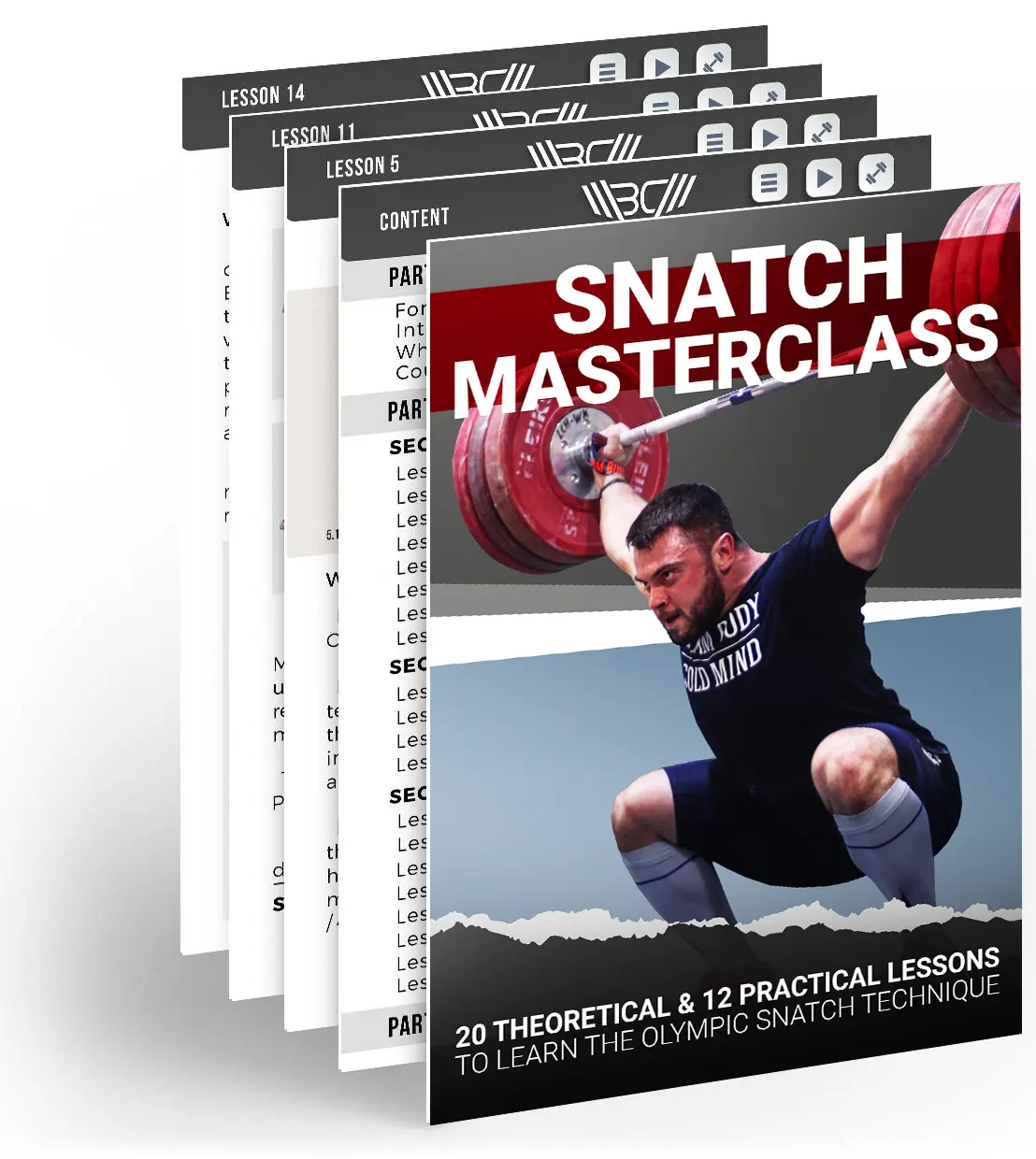Power Position
Author:
Unlock your full potential by engaging with our experts and community! Have questions about your fitness journey or looking for expert advice on weightlifting techniques? Don’t hesitate — leave a comment below and Sergii Putsov will provide a personalized answer and insights to help you reach your goals.
Torokhtiy is reader-supported. Some links are affiliate links, and we may earn a commission at no extra cost to you. See our disclosure page for details.
The Power Position is the most important, but also the mysterious and contradictory phase of performing a snatch and clean, due to the technique of performing which the same magic occurs when the heavy barbell accelerates and flies with incredible power along the vertical trajectory. It seems to me there’s too much romance in this text. Let’s try to figure out what it is – Power Position?

Participants of my seminars and camps know how much attention I pay to this phase in the practical part and how much information about the biomechanical movement I tell in order to form the right understanding about this element of movement.
First of all, this is due to the fact that many athletes and trainers of functional fitness, as well as some weightlifters, do not understand or ignore Power Position.
If you compare performing exercises in weightlifting with and without Power Position, it’s like comparing the speed characteristics of a scooter and a fighter plane.
You may like it:
- Detailed Olympic Weightlifting Program For Beginners
- 12-Week Weightlifting Program For Women (Detailed Example)
- Create Your Olympic Weightlifting Program (Examples Included)
What Is the Power Position?
The Power Position is the position (phase of movement) of the athlete when the body and knees are bent, he stands on a full foot, the barbell is pressed to the body, the shoulders and knees are on the same vertical or shoulders cover a bit. The Power Position provides rational jump mechanics, which produce maximum power due to the synchronized work of leg and body muscles.
I also call this position “one step before full extension”: the body is a little leaned forward (shoulders over a bar or on one line with knees), knees are soft, the bar is pressed to the athlete. This position is a starting and working one in many sports: american football, volleyball, tennis, track and field.
Trainers on speed-power and conditioning training call it – athletic position, as this position is often the beginning of high-speed and power movements. And this is no accident, as this position is most comfortable for human anatomy to make powerful sharp and high-speed movements forward, up ect.
When a professional weightlifter performs a Power Position, it seems that he is hitting, and then the barbell flies into overhead position. Yes, it happens, but the hit is not an end in itself of Power Position, rather, it is a consequence of certain successive actions of the athlete.
That is why at my seminars I put the Power Position on primitive mini-movements in order to ensure that the athlete has the “right picture of the world.” And I always say that auxiliary exercises need to be repeated hundreds, and maybe thousands, of times with PVC to work out the skill of generating a powerful impulse in the Power Position.
Follow us!

Free!
Get a 2-week Weightlifting Program as a bonus for the subscription to kickstart your training plan!

Free!
Power Position Is Really Important!
I will try to explain why the Power Position is really important:
- One of the main tasks of the Power Position is to work out the trajectory as close to the athlete as possible. This helps to keep the centers of gravity of the athlete and bar as close as possible and to perform lifting more economically, and therefore effectively.
- It is from this position that it is most comfortable to make the jump up.
- This position also provides the most rational angles for going under the bar.
When the athlete stands in front of the bar before the exercise performance, we have 2 objects, as soon as the athlete starts to lift, we call it an “athlete-bar system” with two interacting centers of gravity and only the athlete can control the centers of gravity.
Believe my experience, I have seen enough athletes who, for various reasons, did not perform the Power Position. In most cases, it was the sad show of a failed attempt to pull the bar with bent and fixed arms.
The absence or improper performance of the Power Position will most often provoke a number of unpleasant mistakes, such as:
- The clamped hands;
- The bar will be in front;
- Low speed of the movement;
- Lack of power;
- Disorder of the exercise’s structure.
The most interesting thing is that many athletes begin to “treat” these mistakes without realizing that they are the result of the Power Position lack.
To sum up, I will repeat: the Power Position is the position (phase of movement) of the athlete when the body and knees are bent, he stands on a full foot, the barbell is pressed to the body, the shoulders and knees are on the same vertical. The Power Position provides rational jump mechanics, which provides maximum exercise power due to the synchronized work of leg and body muscles.
Keep your Body Warm and your Mind Cold!
Why Trust Us?
With over 20 years in Olympic weightlifting, strength training, nutrition coaching, and general fitness our team does its best to provide the audience with ultimate support and meet the needs and requirements of advanced athletes and professional lifters, as well as people who strive to open new opportunities and develop their physical capabilities with us.
By trusting the recommendations of our certified experts in coaching, nutrition, and sports training programming, as well as scientific consultants, and physiotherapists, we provide you with thorough, well-considered, and scientifically proven content. All the information given in the articles concerning workout programming, separate exercises, and athletic performance, in general, is based on verified data.
The product testing process is described in more detail here.
Author: Sergii Putsov
Head of Sport Science, PhD
Best Results: Snatch – 165 kg,
C&J – 200 kg
Sergii Putsov, Ph.D., is a former professional weightlifter and National team member, achieving multiple medals in the 94 kg weight category at national competitions. With a Master’s degree in “Olympic & Professional Sport Training” and a Sport Science Ph.D. from the International Olympic Academy, Greece, Sergii now leads as the Head of Sport Science. He specializes in designing training programs, writing insightful blog articles, providing live commentary at international weightlifting events, and conducting educational seminars worldwide alongside Olympic weightlifting expert Oleksiy Torokhtiy.





Still have questions after reading our article? Unlock your full potential by engaging with our experts and community! Don’t hesitate — leave a comment below and Sergii Putsov will provide a personalized answer and insights to help you reach your goals.